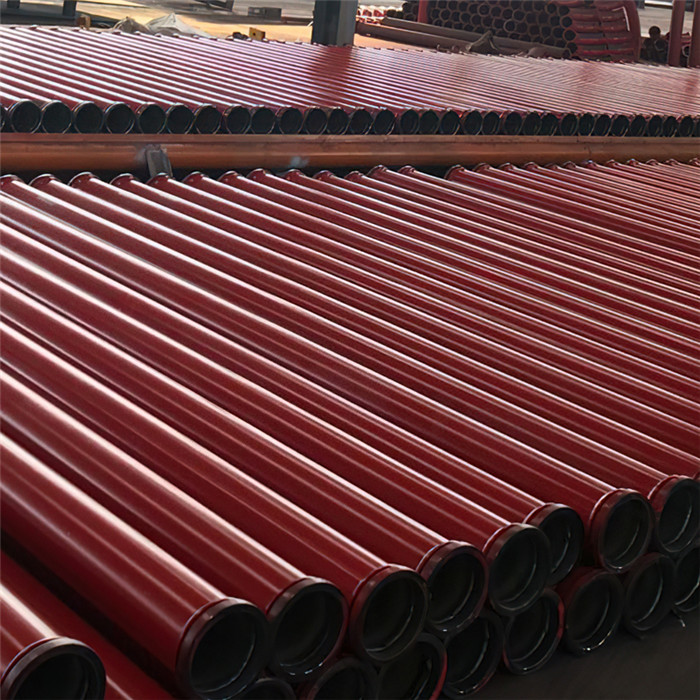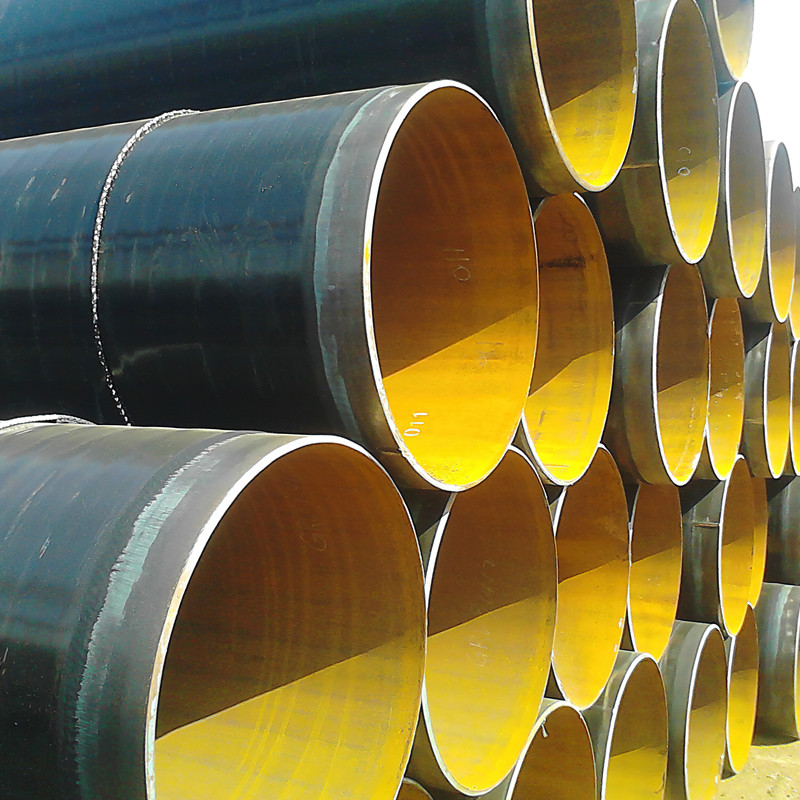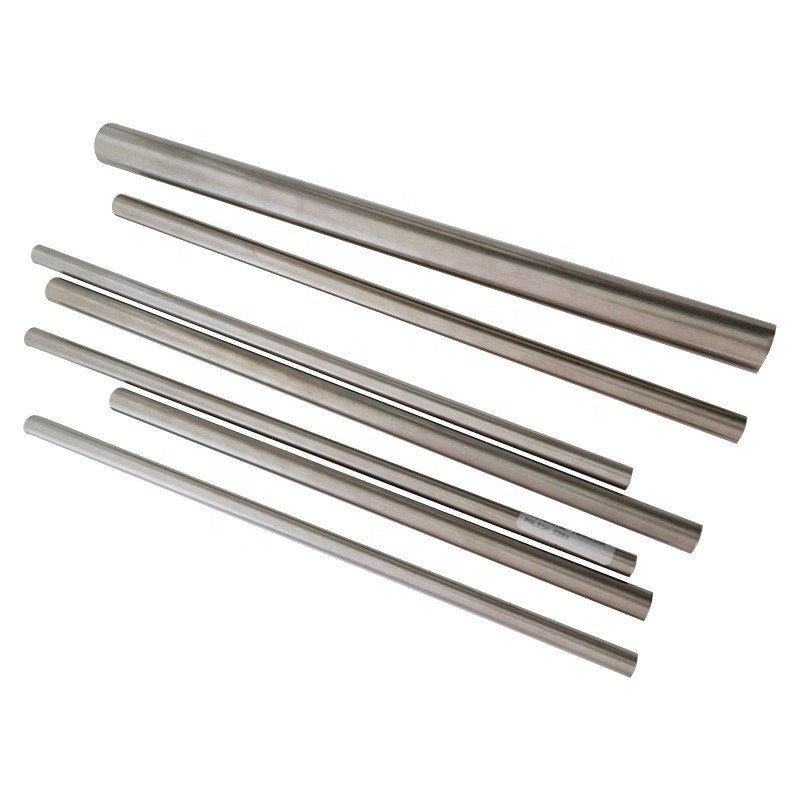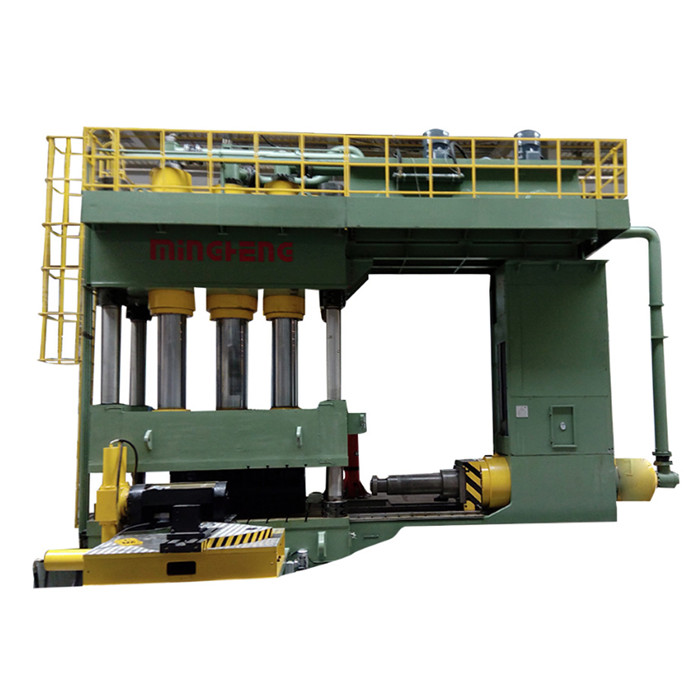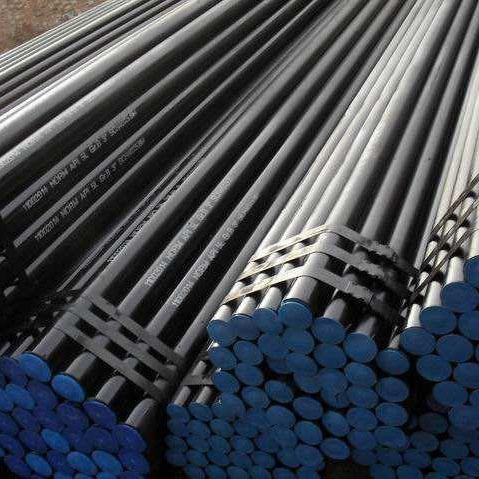In mechanical and piping systems, the importance of selecting the right flange types cannot be overstated. Flanges serve as critical components that connect pipes, valves, pumps, and other equipment to form a secure and functional pipeline system. A deep understanding of various flange types ensures that connections are durable, leak-proof, and suitable for the operational conditions they will face.
Different flange types are designed for specific pressure ratings, material compatibility, and assembly methods. For example, weld neck flanges are ideal for high-pressure applications due to their strength and resistance to deformation. Slip-on flanges, on the other hand, offer ease of installation, making them a cost-effective choice for low-pressure systems. Blind flanges are used to close pipe ends, while threaded flanges are useful when welding isn’t an option.
Other specialty flange types, such as lap joint, socket weld, and orifice flanges, cater to niche industrial needs, including systems requiring frequent dismantling or precision flow measurement. Knowing the pros and cons of different flange types allows engineers to optimize system performance while adhering to safety and regulatory standards.
How Puddle Flange Price Influences Infrastructure Planning and Budgeting
When undertaking construction projects, especially in water management systems, understanding the puddle flange price is crucial for accurate budgeting and resource allocation. A puddle flange is an essential component designed to prevent water leakage around pipes as they pass through concrete structures like walls, tanks, or floors. Its role in waterproofing cannot be compromised, making it a non-negotiable item in civil engineering projects.
The puddle flange price varies based on several factors: material composition (such as stainless steel, ductile iron, or PVC), size and thickness, manufacturing standards, and special coatings or finishes. Customizations, like additional sealing rings or anti-corrosion treatments, also influence the final cost.
While it may be tempting to opt for cheaper options, investing in a high-quality puddle flange ensures longevity, reduces maintenance needs, and prevents costly water damage repairs. In strategic project planning, professionals weigh the puddle flange price against the potential risks of leakage and structural compromise, making the right choice a value-driven decision rather than a mere cost-saving measure.
The Role of a Flange Factory in Maintaining Quality and Supply Chain Stability
Choosing to source directly from a reliable flange factory offers unparalleled benefits to businesses seeking consistent quality and dependable supply chains. A dedicated flange factory not only manufactures a wide array of flange products but also provides technical expertise, customization options, and quality assurance practices that wholesale distributors often cannot match.
A reputable flange factory typically holds certifications such as ISO 9001 or API standards, demonstrating its commitment to stringent manufacturing processes and quality control. Factories equipped with advanced forging, machining, and heat treatment facilities ensure that every flange meets exacting industry specifications.
Partnering directly with a flange factory also enables businesses to influence design adaptations, receive faster turnaround on orders, and benefit from competitive pricing by cutting out intermediary costs. Furthermore, factories with strong R&D departments contribute to innovation by developing next-generation flanges that cater to emerging industrial needs, such as higher temperature resistance or enhanced corrosion protection.
In volatile global markets, where supply chain disruptions are common, working with a trusted flange factory provides greater resilience and control over critical project timelines.
How Flange Wholesale Services Streamline Project Procurement
Engaging in flange atacado procurement is a smart move for companies managing large-scale projects or operating within industries with high material demands. By purchasing in bulk from flange atacado suppliers, businesses can leverage economies of scale, ensuring lower per-unit costs and consistent availability of essential components.
Flange wholesale providers maintain extensive inventories, covering a wide range of flange types including weld neck, blind, slip-on, and specialty flanges. This availability reduces lead times and supports project schedules, especially for operations that require rapid deployment or frequent system expansions.
Moreover, many flange atacado suppliers offer value-added services such as quality inspections, customized packaging, documentation support for international shipping, and even direct-to-site deliveries. These integrated services simplify logistics management, reduce administrative burdens, and free up internal resources to focus on core project execution.
Building a long-term relationship with a trusted flange atacado partner also enables better forecasting, flexible payment options, and access to technical consulting, further enhancing procurement efficiency and operational stability.
Innovations in Flange Types and the Future of Flange Manufacturing
As industries evolve, so too must the components that support them. Recent innovations in flange types and manufacturing processes are reshaping expectations for performance, durability, and sustainability. Advances in materials science, such as the development of high-alloy steels and composite materials, have expanded the capabilities of modern flanges.
Today, flange factories employ CNC machining, 3D modeling, and automated inspection systems to achieve tighter tolerances and better surface finishes, reducing the risk of installation errors and extending service life. Enhanced coating technologies, including advanced anti-corrosion treatments and nanotechnology coatings, further boost the lifespan and reliability of different flange types.
Additionally, environmental sustainability has become a focal point. Modern flange factory operations are implementing greener practices, such as recycling scrap metals, optimizing energy use, and reducing emissions. Flanges manufactured with eco-friendly processes are increasingly demanded by companies committed to achieving ESG (Environmental, Social, and Governance) goals.
Looking forward, the integration of smart technologies like RFID tagging and IoT-enabled monitoring could revolutionize how industries track and maintain their flange installations, leading to predictive maintenance strategies and reduced downtime.
Flanges Perguntas frequentes
What are the most common flange types used in industrial applications?
The most frequently used flange types include weld neck, slip-on, blind, threaded, and socket weld flanges. Weld neck flanges are ideal for high-pressure, high-temperature applications, while slip-on flanges are preferred for ease of installation and cost-effectiveness. Blind flanges are used to close off pipelines, and threaded flanges allow for easy assembly without welding. Each flange type serves a specific function depending on the project’s requirements and operational environment.
How is puddle flange price determined in the market?
The puddle flange price depends on several factors, including the material (stainless steel, ductile iron, PVC), size, design specifications, and any additional features like specialized coatings or gaskets. Larger and custom-designed puddle flanges typically command higher prices due to increased material and manufacturing complexity. Market demand, raw material costs, and shipping logistics can also influence puddle flange price fluctuations.
Why should companies source directly from a flange factory?
Sourcing directly from a flange factory offers advantages such as better quality control, faster turnaround times, cost savings by eliminating intermediaries, and the ability to customize products to exact project needs. A direct relationship with a flange factory ensures greater transparency, access to technical expertise, and reliable communication throughout the project lifecycle, which is particularly valuable in complex or high-stakes industrial applications.
What are the benefits of buying flanges through flange wholesale suppliers?
Buying through flange atacado suppliers allows businesses to access large inventories at competitive prices, streamline their procurement processes, and reduce project lead times. Flange wholesale partners often provide additional services such as quality inspections, customized labeling, and logistical support, helping clients maintain project momentum and meet tight deadlines. Long-term partnerships with flange atacado providers can also offer flexible payment terms and priority access to new or scarce inventory.
What innovations are shaping the future of flange types and manufacturing?
Innovations shaping the future of flange types include the use of composite materials for greater strength and corrosion resistance, precision manufacturing technologies like CNC machining, and smart coatings that enhance durability. Sustainable manufacturing practices in flange factory operations are also gaining momentum, including recycling initiatives and energy-efficient production. Emerging trends like RFID-enabled smart flanges may soon allow real-time monitoring of flange health, revolutionizing maintenance and asset management across industries.
Post time: Mai . 13, 2025 14:55










